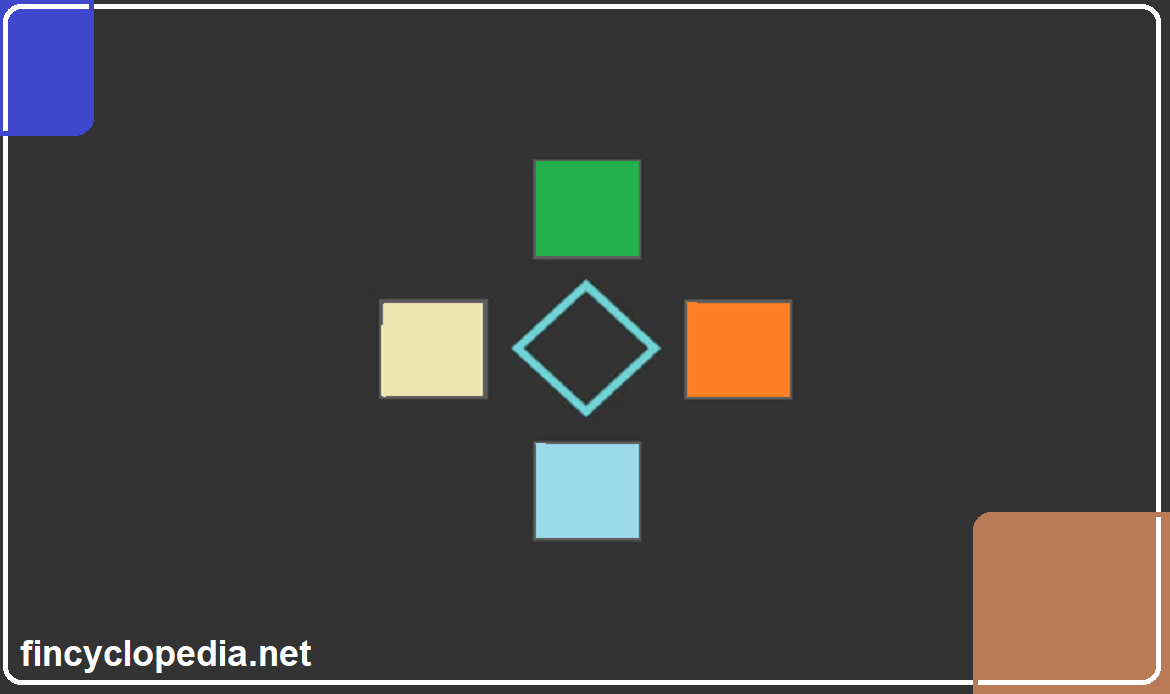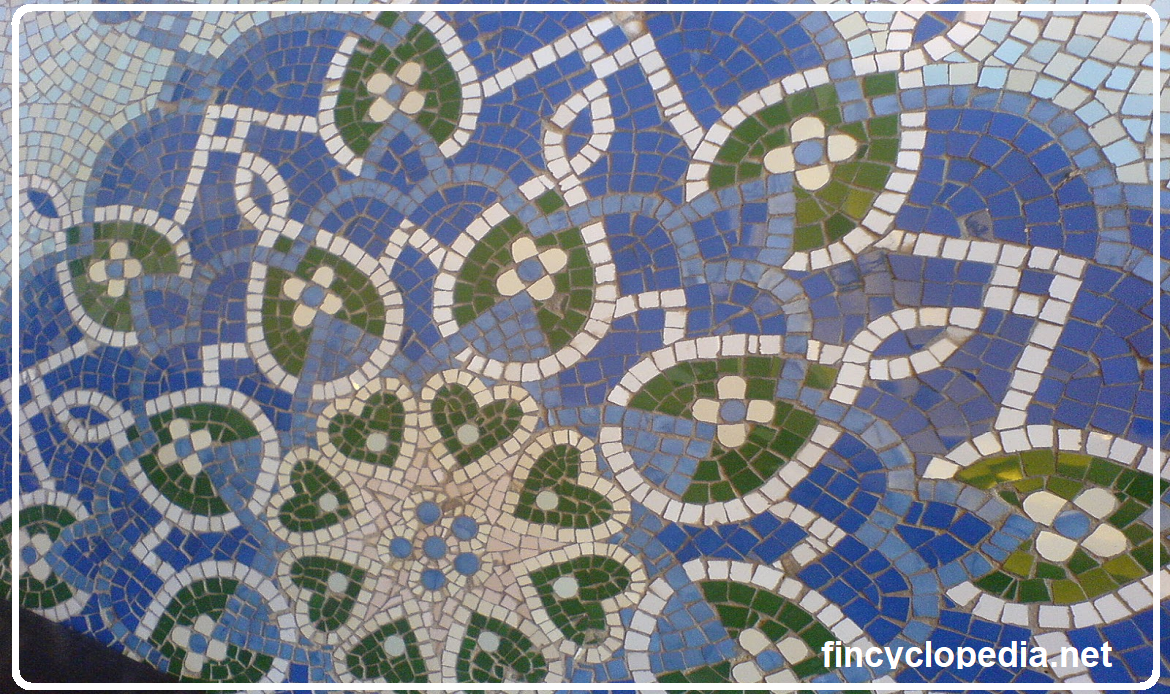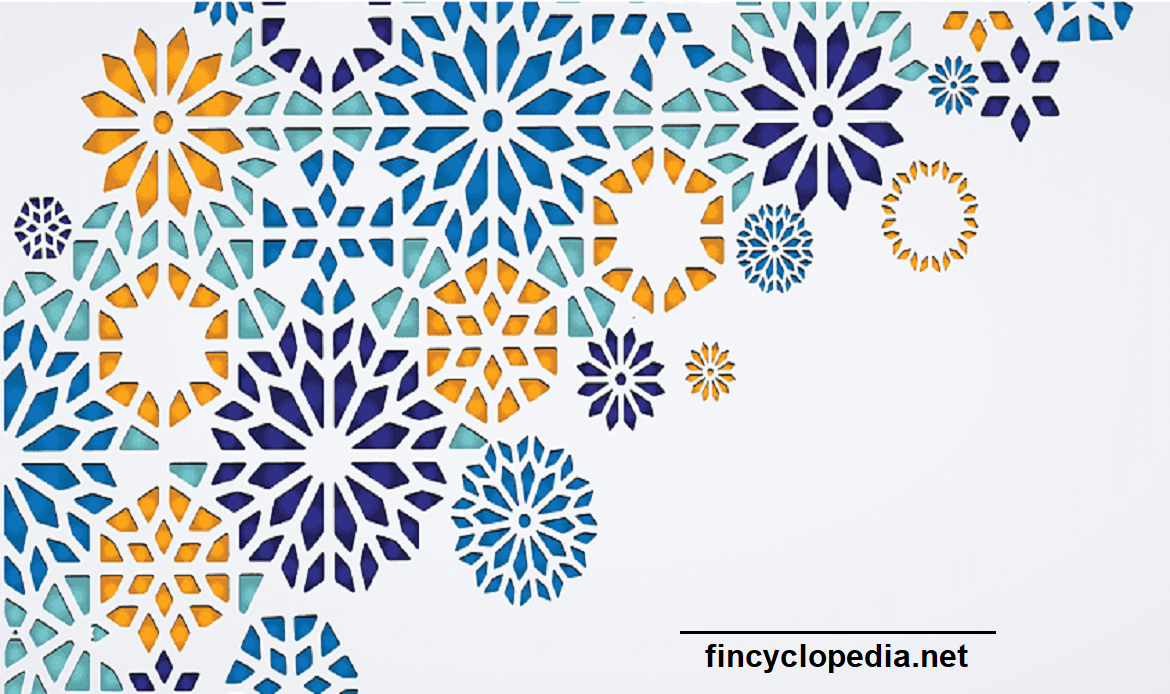Murabaha is a cost-plus (mark-up) transaction in which a customer places an order with the financial institution (Islamic bank) to purchase a good/ asset from a supplier. In this sense, the murabaha contract involves two connected parties (a financier/ expert in buying/ middleman and an ultimate purchaser) and a third party (supplier). The customer can pay a security deposit with the bank in order to secure the amount of financing. The bank, having purchased the goods from the supplier, will sell them to the ultimate purchaser at a credit price including a mark-up (a profit margin). The purchaser should repay the bank the full price (actual price plus the mark-up) in installments or in a balloon payment over/at the end of the financing period.
Murabaha is typically based on a number of key principles:
- It is a cost-plus (mark-up) transaction.
- It usually involves three parties: a customer, a bank, and a third party (supplier).
- The relationship between the seller and buyer is fundamentally built on the principle of trust or amanah (in essence, murabaha is a fiduciary contract).
- The overall price may be paid over/at the end of an agreed period of time.
- The bank can ask the customer to post collateral or guarantee in order to mitigate the counterparty risk associated with this type of contracts.
- The bank has to reveal to the customer the actual cost of the goods and the mark-up.
- Early repayments by the customer are permissible and can bring about a reduction in the overall price.
- The bank can impose penalties on late payment, provided that any received amounts be paid to charitable or philanthropic organizations/funds.







